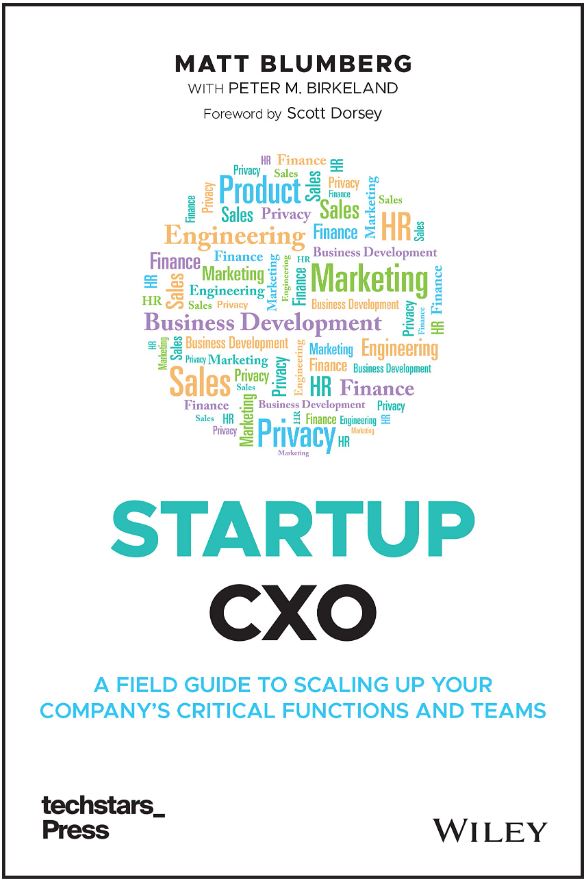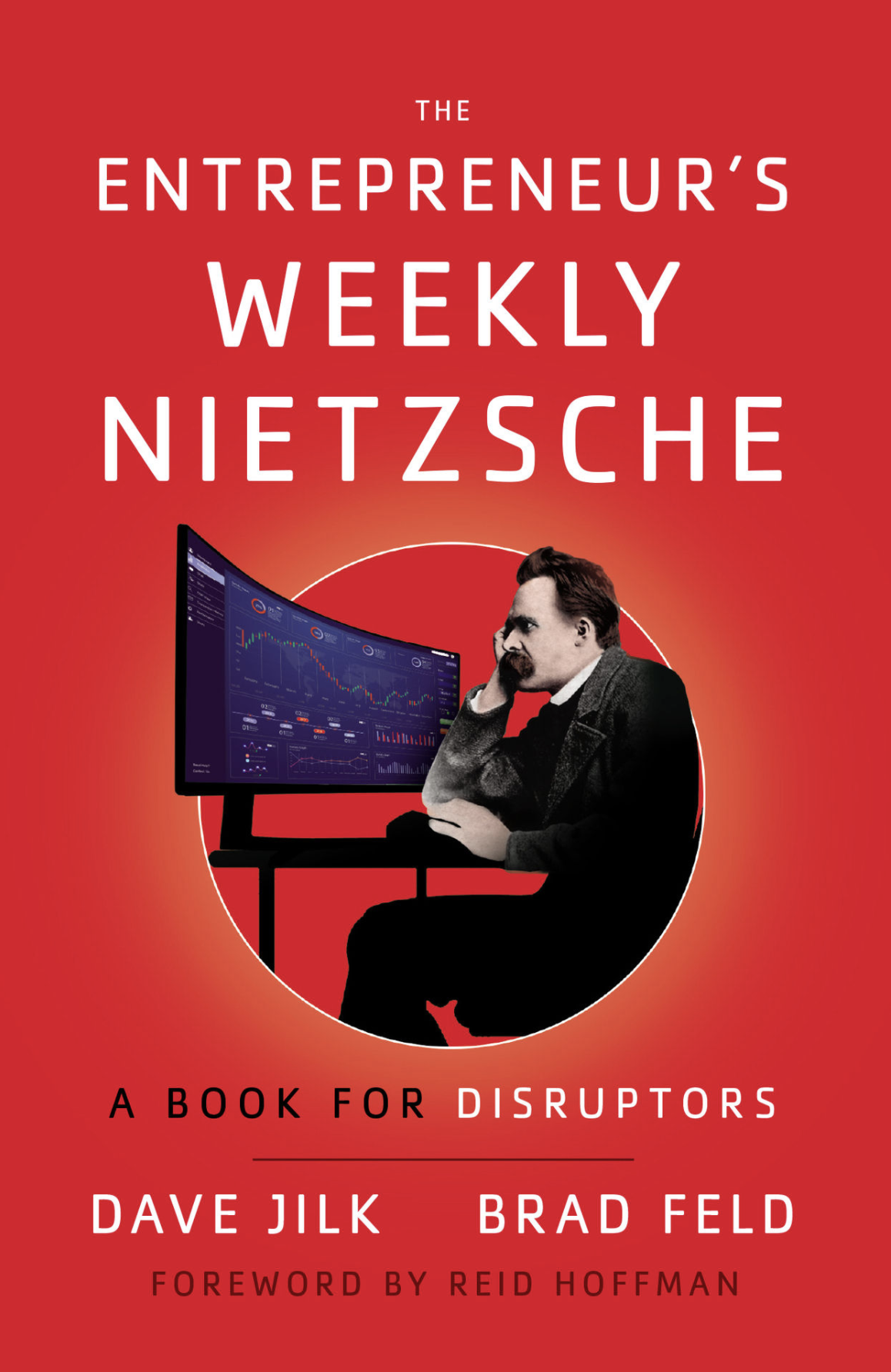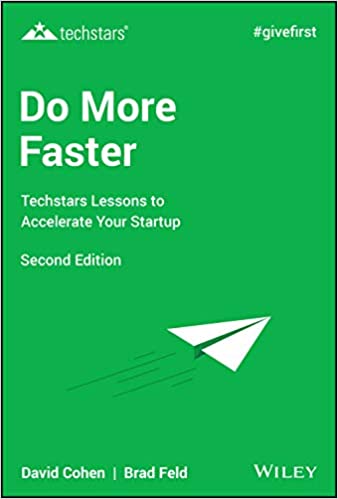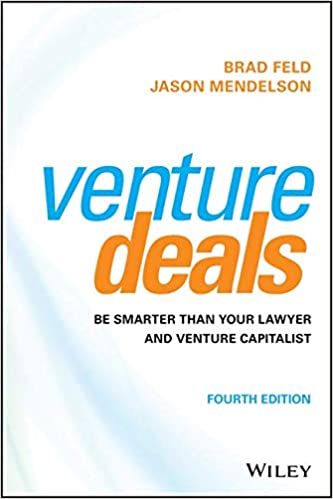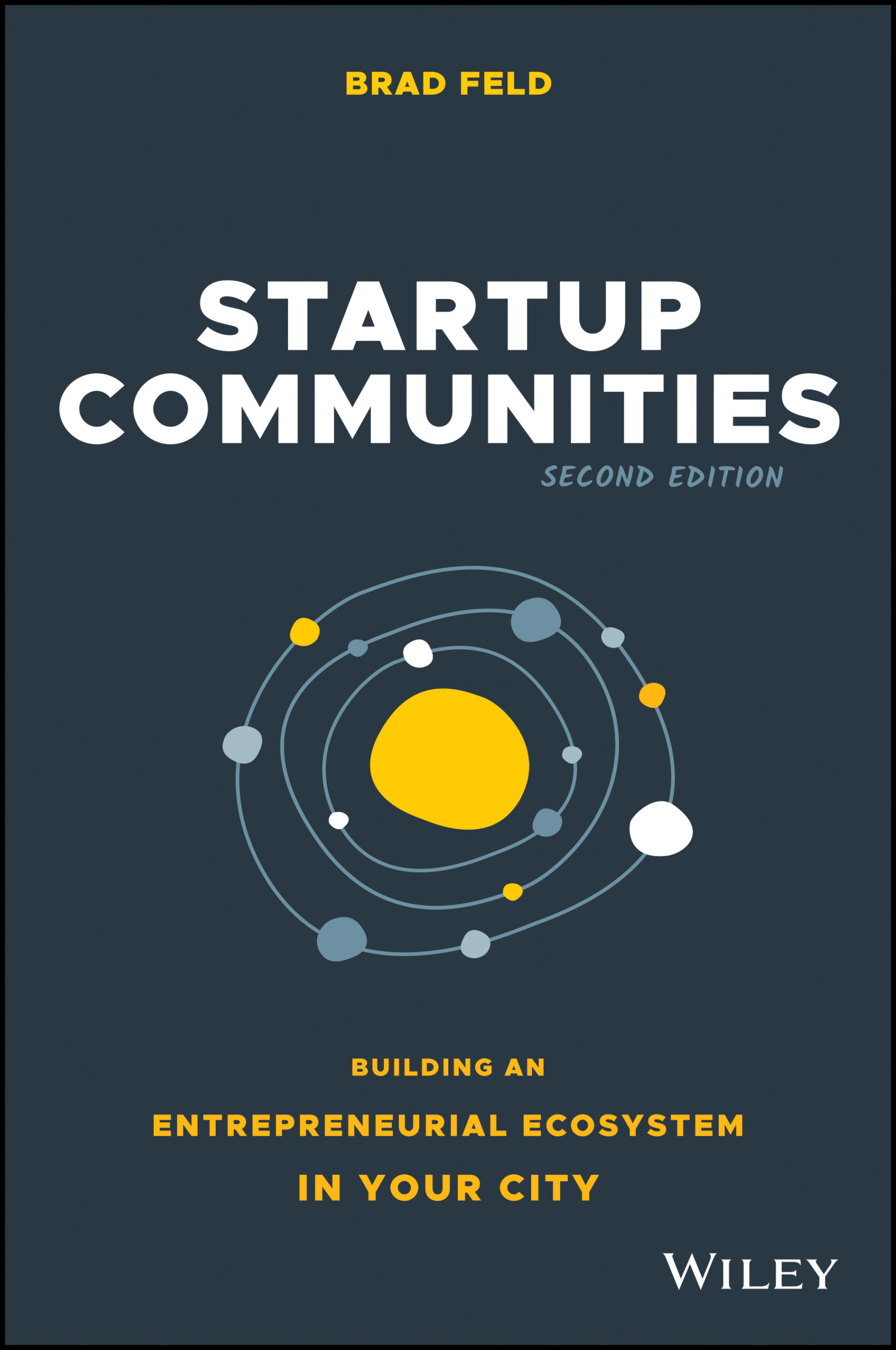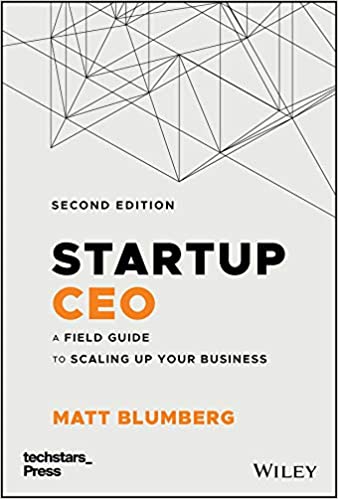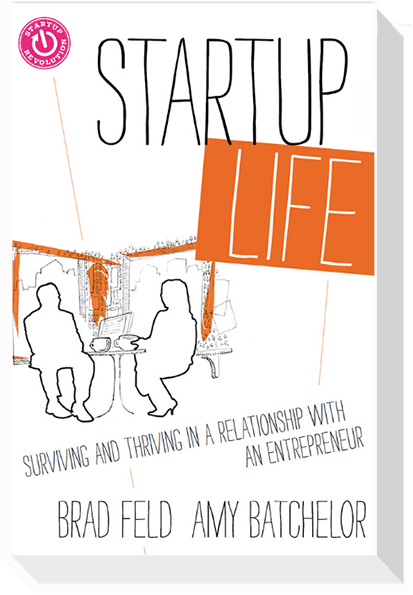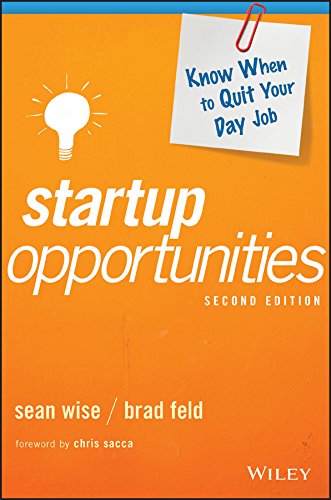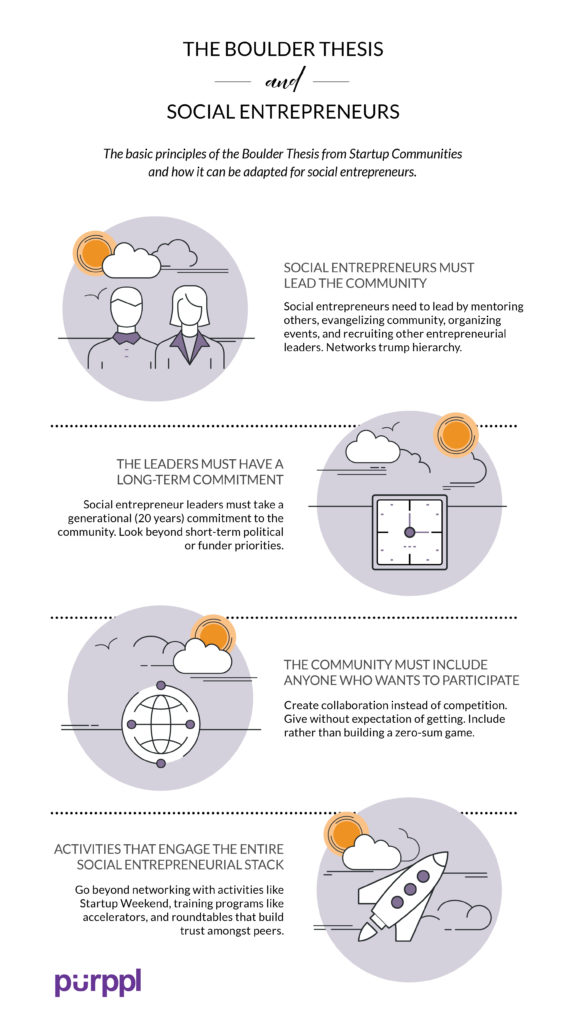The Boulder Thesis: A Theory for Social Entrepreneurs
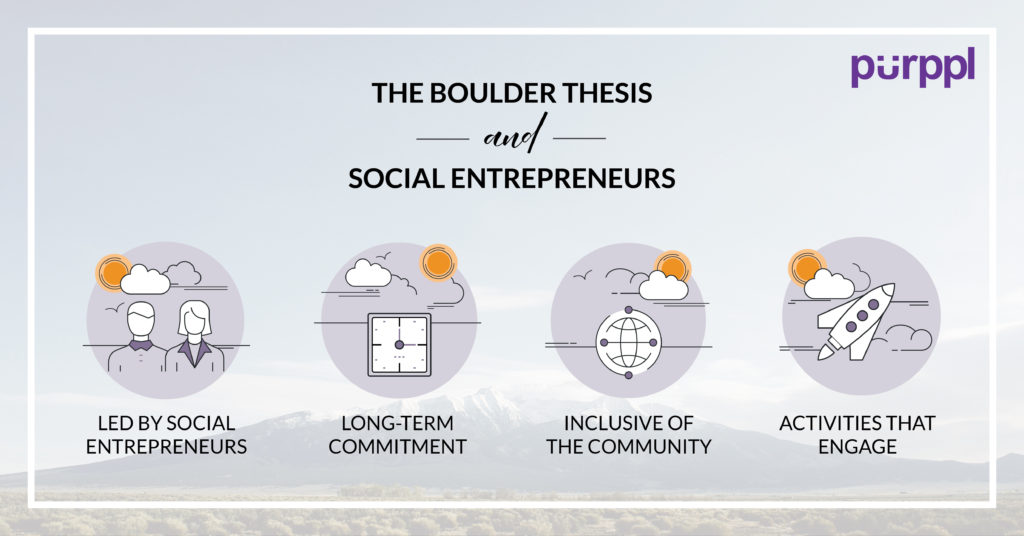 Guest post: Andrew Greer is an experienced program manager, sales manager, and community builder. He’s a Community Catalyst and founder at Purppl, a social enterprise accelerator and the Programs Strategist at Accelerate Okanagan, a tech accelerator, both based in Kelowna, British Columbia, Canada.
Guest post: Andrew Greer is an experienced program manager, sales manager, and community builder. He’s a Community Catalyst and founder at Purppl, a social enterprise accelerator and the Programs Strategist at Accelerate Okanagan, a tech accelerator, both based in Kelowna, British Columbia, Canada.
This article originally appeared at purppl.com
The approach to supporting entrepreneurs globally changed the moment Brad Feld, Managing Director at the Foundry Group, published Startup Communities in 2012. Community building and economic development shifted from a top down approach to a bottom up approach which has proven successful in communities, large and small, around the world. These entrepreneur driven best practices described in the book, although happening in pockets, became a main street recipe for community building around the startup culture in the technology sector.
While ‘technology communities’ and ‘startup communities’ have flourished, the world of social entrepreneurship hasn’t benefited from the same approach to collaboration and community building. There is an excellent opportunity for social entrepreneurs to adopt these principles and build an ecosystem of support (think capacity building) around people who are using entrepreneurial models to build long term solutions to community and social challenges.
Here are the basic principles of the Boulder Thesis, copied word for word from Startup Communities.
- Entrepreneurs must lead the startup community.
- The leaders must have a long-term commitment.
- The startup community must be inclusive of anyone who wants to participate in it.
- The startup community must have continued activities that engage the entire entrepreneurial stack.
Let’s take a brief look at each principle a consider how this could be applied for social entrepreneurs.
First, there is no globally accepted definition of a social enterprise. We will use an inclusive definition of: an organization that is setup to use a business model to solve a community or social challenge.
Keep in mind, the business model may simply be used to generate revenue and profit to financially support the cost of long term solutions to community or social challenges.
ENTREPRENEURS MUST LEAD THE STARTUP COMMUNITY.
This is usually seen as the most critical principle of the Boulder Thesis. Entrepreneurs must lead. Not government, universities, economic developers, funders, foundations, or service providers. Feld differentiates between leaders (those who have co-founded a high-growth business) and feeders (those who have not). The role of a feeder can still be a very proud, important role and there are many examples in the book of those who have helped to shape the community in Boulder.
The social sector has often looked to philanthropists, government, and researchers as leaders. There is an opportunity in every community for social entrepreneurs to take a long-term leadership role (see Murad) that will not be swayed by the politics or the funder of the day.
THE LEADERS MUST HAVE A LONG-TERM COMMITMENT.
Feld talks about how entrepreneurial leaders “have to make a long-term commitment to their startup community. I (he) like to say this has to be at least 20 years from today to reinforce that this hast to be meaningful in length.” While focusing on large, complex, long-term challenges, many social entrepreneurs and social innovation practitioners are stuck in short-term view because of a dependency on unpredictable grant and donor relationships. A shift to more entrepreneurial revenue models can reduce the dependency on grants and donations and allow for a more predictable, sustainable revenue model based on long-term customer value. This may allow social entrepreneurs to align their funding model with the long-term challenges they are aiming to solve.
THE STARTUP COMMUNITY MUST BE INCLUSIVE OF ANYONE WHO WANTS TO PARTICIPATE IN IT.
Fostering a philosophy of inclusiveness means accepting students, career changers, wantrepreneurs, for profit companies, newcomers to your city, and more. It can mean those who have started social enterprises, those who want to, those who want to work with or for social enterprises, any anyone who is interested. Taking this inclusive approach help to support growth of the entire community of those involved rather than a zero-sum game when people are competing for the same funding, customers, and stakeholders. This #givefirst approach (thanks Techstars) has helped to redefine how leaders and feeders operate in communities. There is an opportunity to create collaboration instead of competition and improve stubborn community and social outcomes.
THE STARTUP COMMUNITY MUST HAVE CONTINUED ACTIVITIES THAT ENGAGE THE ENTIRE ENTREPRENEURIAL STACK.
Following on a philosophy of inclusiveness, the community must have regular events and activities that “engage the entire entrepreneurial stack.” In the social sector, this likely needs to include those who want to start social enterprises, existing social entrepreneurs, leaders of non-profits who have the capacity to start enterprising models, for profit companies who want to shift to social models, impact investors, employees of social enterprises and non-profits, mentors and potential mentors, and more. There is a clear difference between networking type events and then those events which engage in entrepreneurial activity. Best practice type events in the tech community have emerged; Startup Weekend, Startup Week, open coffee, peer-to-peer roundtables, and training/mentorship acceleration programs. See examples in Toronto. These activities have started for social entrepreneurs – social enterprise accelerators are now popping up alongside or within tech accelerators. The lean startup best practices that provide globally tested tools are now being implemented within social enterprise.
A CALL TO ACTION
The Boulder Thesis is proving true for social enterprise startups. Practitioners are finding overlap between tech startups and social enterprises; they are both trying to build sustainable organizations which solve problems. Some social entrepreneurs are using technology to scale their solutions while some tech entrepreneurs are directly focusing on social challenges. The overlap is real. Investors are often already philanthropists. Funders are looking for great, sustainable ideas. Mentors like the impact focus. Corporates are looking for great impact partners. Accelerators are looking for sustainable impact ideas. Governments are looking for new ways to solve old problems. The Boulder Thesis is a blueprint of best practices to borrow and build from. Let’s take it on, borrow the best practices, build in collaboration with established community initiatives, and make it our own. We can drive innovation, business creation, and job growth while building capacity for social enterprises to solve some of our toughest community challenges.
To chat more about community building, Purppl, or social enterprise acceleration programs, connect directly with [email protected].

